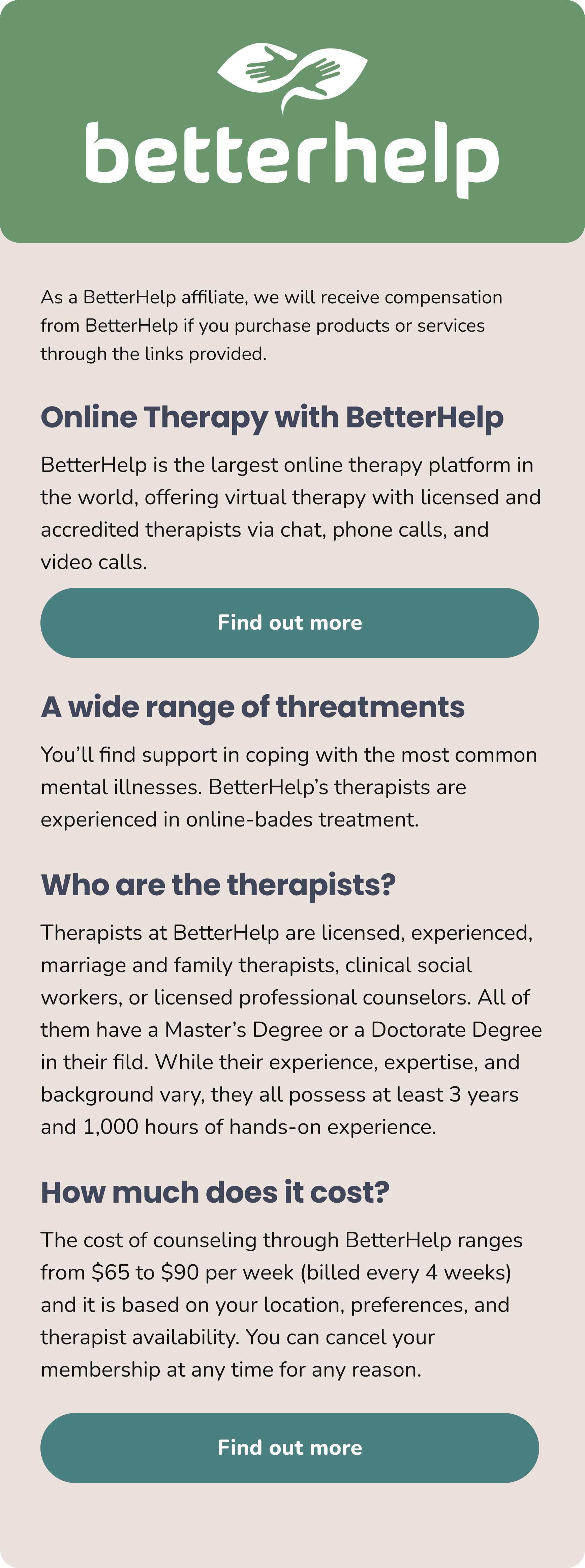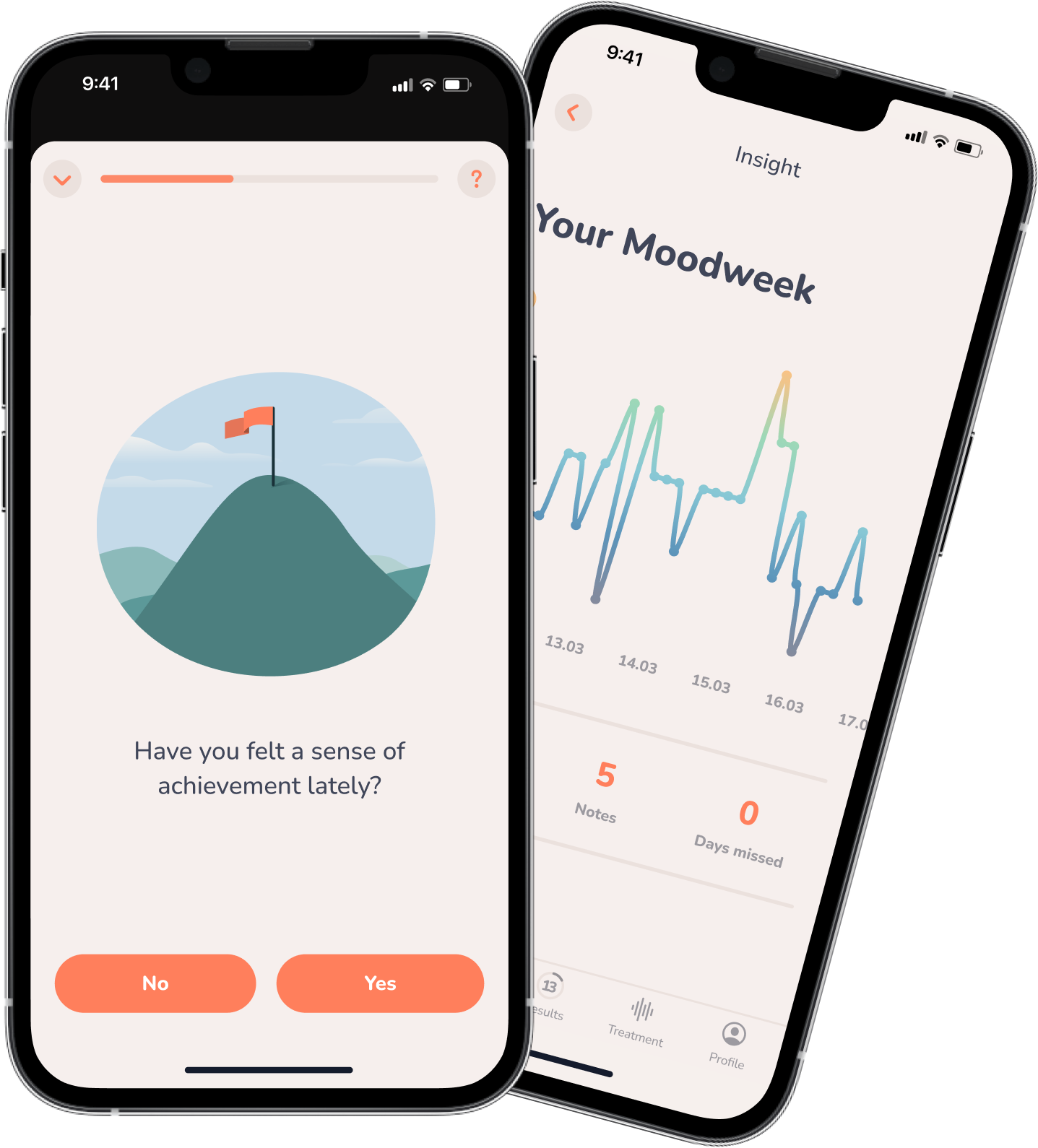Insight
The 5 Fundamental Differences Between Sadness and Depression
Is it hard for you to tell if you are just sad or, in truth, have depression? Sometimes we confuse the two, even though there are substantial differences. Here, you’ll find out what underlies both concepts and how to easily separate sadness and depression.
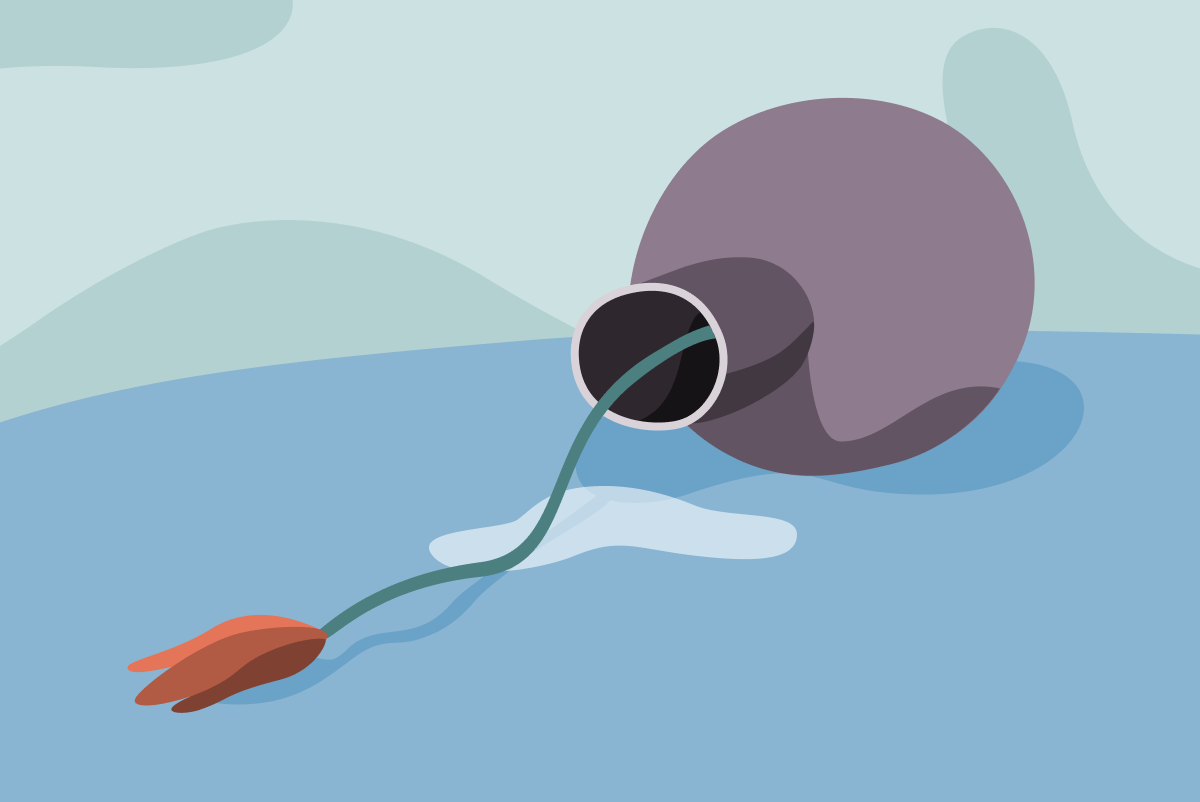
Sadness vs. Depression – The Essentials
Sadness: You are sad about something for a few hours at a time. After a negative experience your mood changes, at most for a few weeks. Over time it gets a little better by itself.
Depression: Most areas of your life are affected, and you show a combination of depressive symptoms for most of your day during at least two weeks, causing general distress.
#1 Sadness is an emotion. Depression is a mental illness.
Sadness is a basic emotion and a part of what makes us human – everyone knows what it feels like. Experiencing sadness might even be helpful in working through difficult experiences in life, such as rejection, a breakup or disappointment.
Depression, on the other hand, is a mental illness. This means that it shows itself in many different depressive symptoms for at least two weeks. The things that once brought you joy or cheered you up don’t help anymore. You feel constantly exhausted and at a loss of motivation.
Persisting sadness is only one part of depression! It is likely that some of your thoughts, behaviors, and even physical experiences have changed alongside with your emotions, causing general distress and a fundamental change in your perception and attitude towards life.
#2 Sadness is brief. Depression persists much longer.
Emotions are momentary conscious experiences. They fade with time. If an emotion continues during a phase in life, it does so in lapses. Thus, it can last for a few hours before decreasing, at least a little. Even during a sad period, there are moments in your day where you feel ok. You are able to laugh, enjoy your favorite song, or the presence of a friend. Sadness fades with time – that’s its job.
Depression lasts longer however, without proper attention: It persists for most of your day for at least two weeks, to be exact. “Snapping out of it” is not an option. All the symptoms you are having appear to be constant, although they might be worse during the morning. Nonetheless, depression defines your entire day. It seems unthinkable that you will ever feel better again.
#3 Sadness is a specific reaction. Depression is an abnormal general state.
Sadness usually is a reaction to something, for instance a painful event. Your sadness is caused by this particular experience and it is a normal and healthy, nonetheless often unpleasant, emotion. But Depression often occurs without any apparent reason.
Maybe your life seems like it should be fine. During depression, your symptoms don’t only occur when thinking of a certain event or person. They are present within nearly every situation. Your concentration might be lower. You have a negative view on the future, you possibly feel unreasonably guilty or suffer from a helpless feeling of being out of control.
If depression begins after a specific event, it was probably the trigger rather than its sole cause. In this case, your behavior and reaction are out of proportion with the event and it is harmful to you. If disregarded, it can turn into a downward spiral.
The loss of a loved one causes a severe grieving response that goes beyond what we call sadness. It is hard to distinguish from depression because symptoms such as loss of appetite and sleeping problems can be a part of grieving. Grief tends to be a long process that comes in waves. Like sadness, grief tends to fluctuate from day to day. Depression does not so much.
Usually, grieving individuals tend to accept help and support, whereas people with depression pull back and isolate themselves. Additionally, people with depression can experience feelings of guilt or a decline in self-esteem, while sad or grieving individuals usually do not.
#4 Sadness temporarily changes your mood. Depression changes your life.
During a sad day or week your mood changes. Your mind might be preoccupied and you can find yourself falling back to sad thoughts. However, you can still go about your day normally. When you are clinically depressed, however, your daily life has become difficult to endure.
Your life has changed. Maybe your friends are noticing it too. You might be having a harder time falling or staying asleep. Maybe your appetite or your sex drive has gone down. You might be experiencing lower self-esteem. You have lost interest and joy in your favorite activities, constantly feeling weary and without energy.
#5 Sadness is subjective. Depression is diagnosed.
It is up to you to say that you are sad. No one can deny that you are sad, it is something you experience subjectively and independently. Depression, on the other hand, has set criteria and requires an official diagnosis. After all, not only the time period is key to the diagnosis, also a specific combination of core and additional symptoms. Consequently, a depression test is necessary.
If you are still uncertain, keeping track of your emotions, cognition, and physical experiences can support the detection of depression. MindDoc regularly measures all depressive symptoms. The app, created to help you detect depressive symptoms and episodes, will ask you questions three times a day over the course of two weeks, giving you a sound doctor’s letter at the end of that period. This way you’ll be able to rule out any remaining doubts and gain a deeper understanding of what it is you’re experiencing.
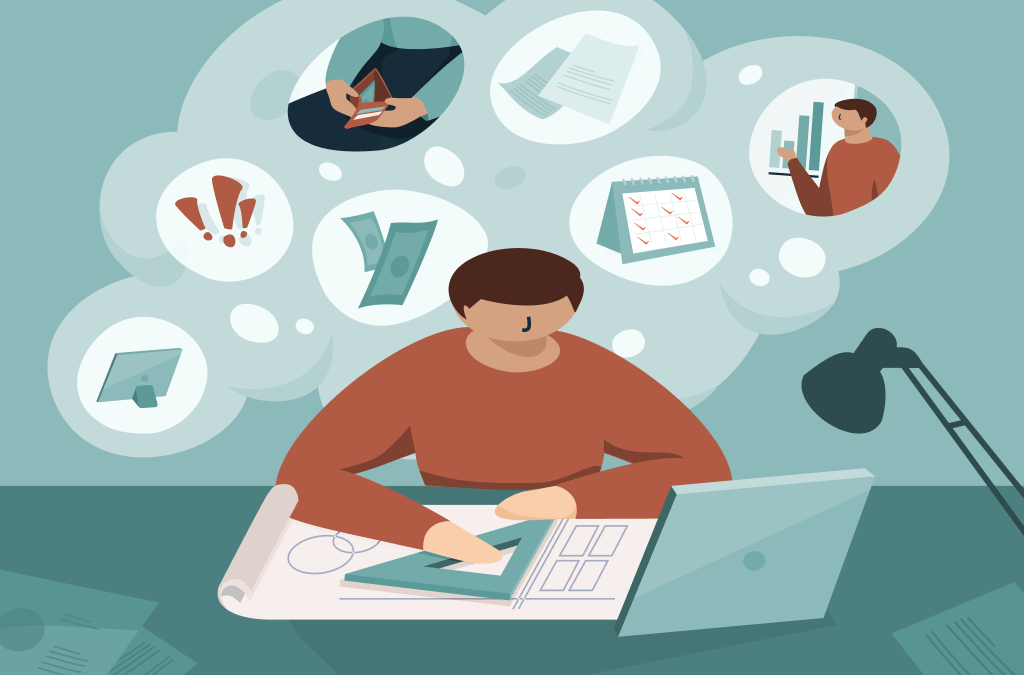
Psychological Needs in the Workplace: How to Meet Them
Deadlines, conflicts, pressure to perform—many people grapple with stressors at work. The extent to which these weigh on someone depends in large part on whether psychological needs are being met at work.
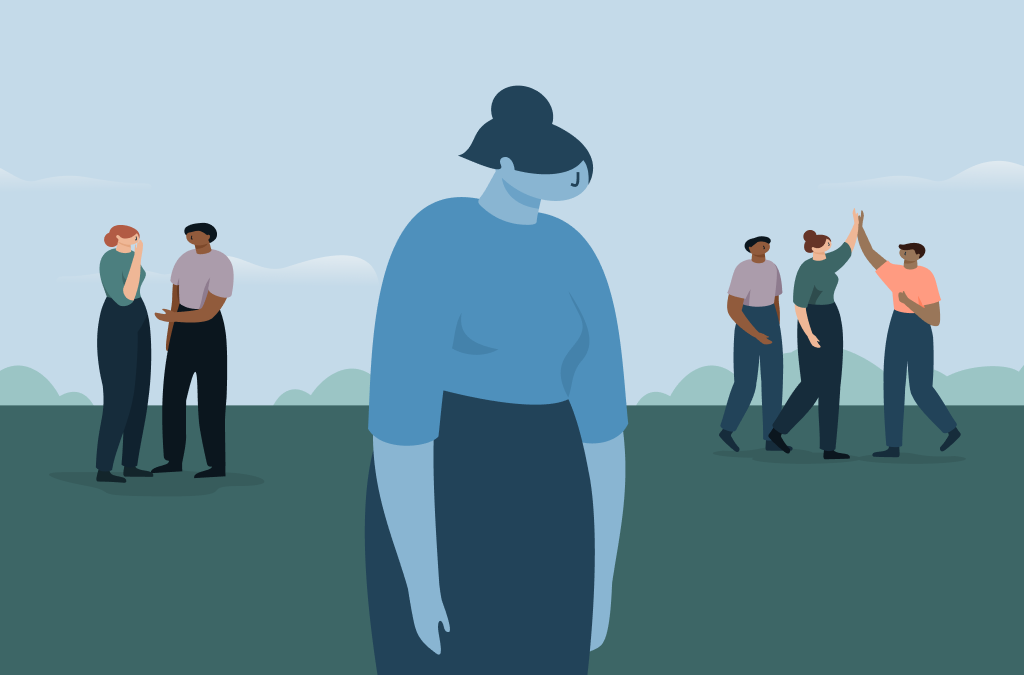
High-Functioning Depression: The Hidden Suffering
When people think of depression, usually intense sadness, low energy, social withdrawal, difficulty getting out of bed, and managing daily life come to mind. But this is not always the case.
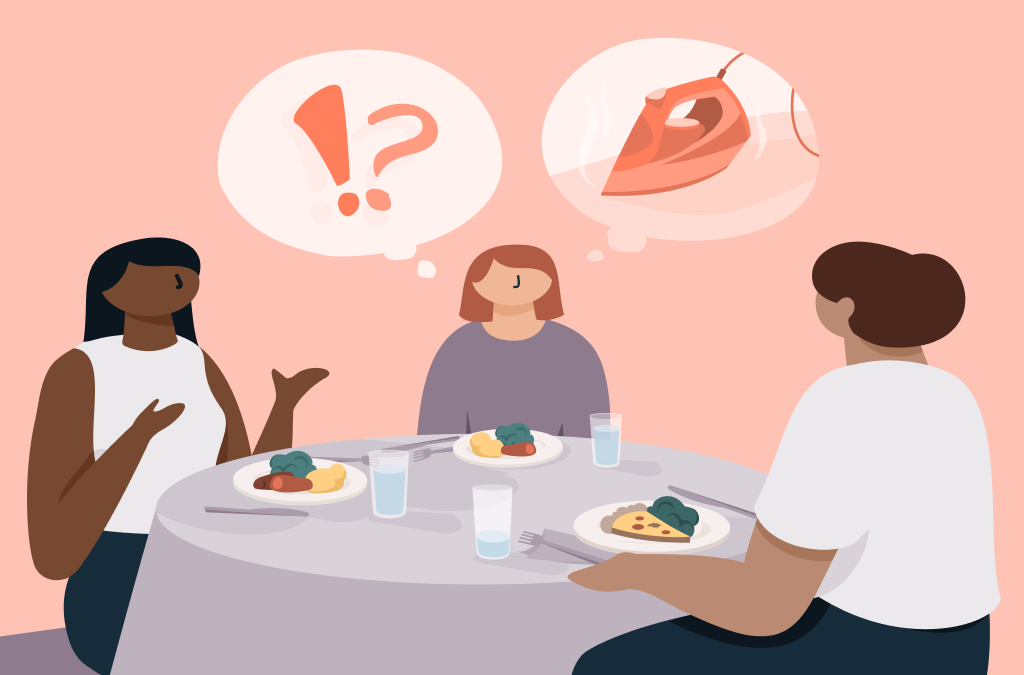
Obsessive-Compulsive Disorder: When Thoughts and Actions Become Torture
In this article, we explore what characterizes such thoughts and behaviors as well as how they can be treated.
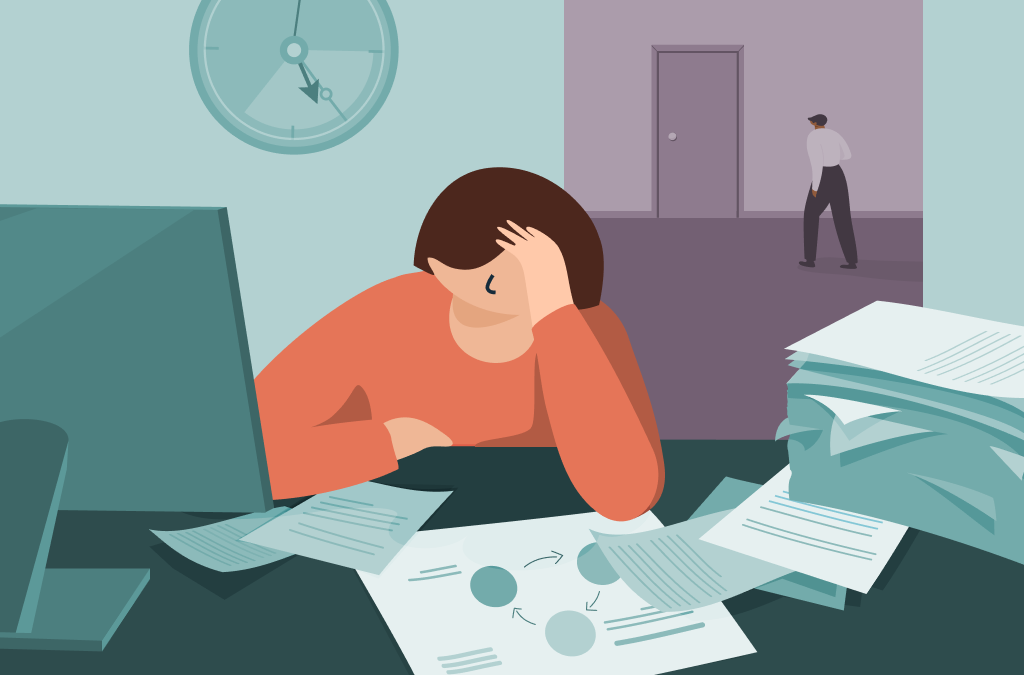
Bullied at Work—Here’s What You Can Do!
In this article, we look at the nature of workplace bullying, its causes and consequences, and what you can do if you are being bullied at work.
